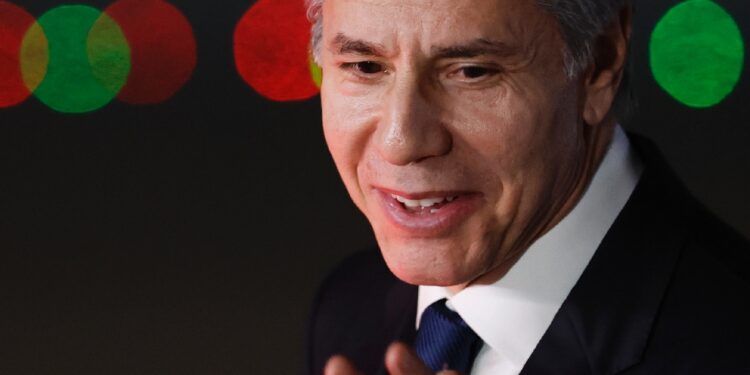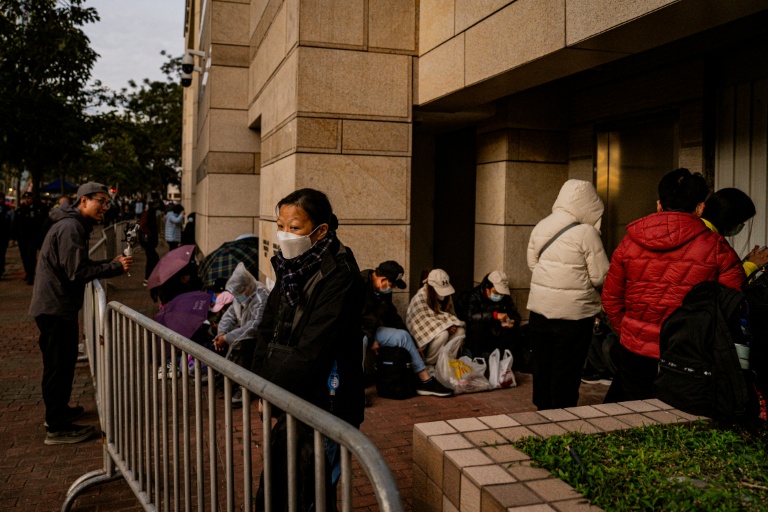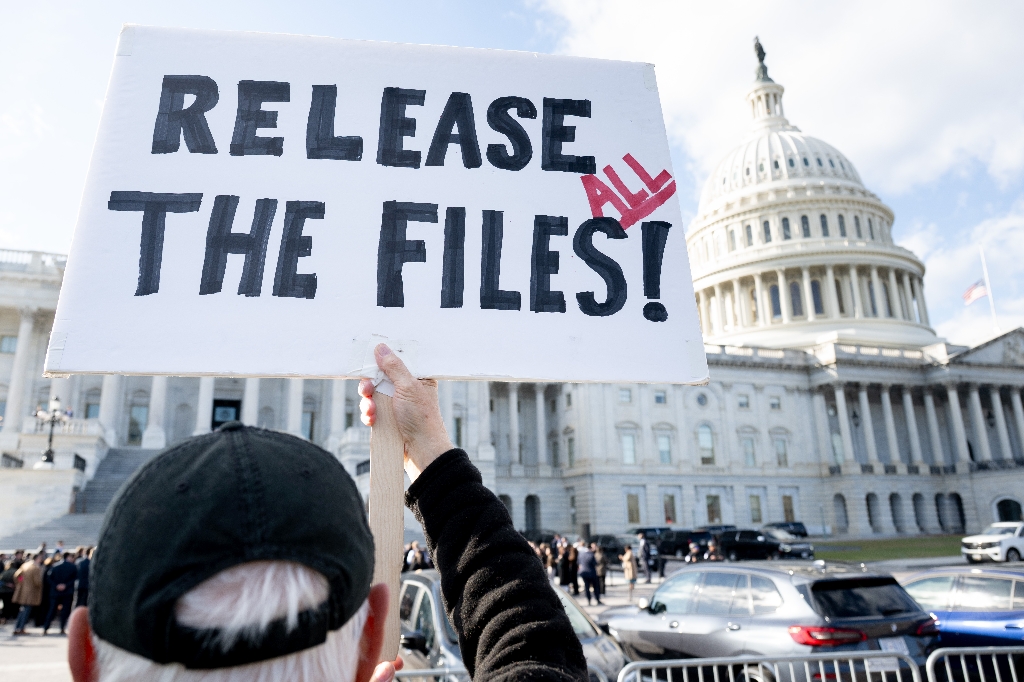US Secretary of State Antony Blinken wrapped up a marathon diplomatic push Friday in India after a whirlwind Middle East trip and G7 talks, saying Israel’s pauses in its Gaza offensive would “save lives” but more was needed.
“Far too many Palestinians have been killed,” Blinken said in New Delhi, his last stop before heading home, where he repeated US support for ally Israel but was firm that more aid had to reach civilians in Gaza.
Blinken’s trip has included South Korea, a G7 foreign ministers’ meeting in Japan — which sought to find common ground on the Gaza conflict — and the Middle East, where he visited Israel and the occupied West Bank.
Israel announced on Thursday pauses in its battle against Hamas to formalise an arrangement that has already seen tens of thousands of Palestinians flee devastation in northern Gaza, steps Blinken said “will save lives”.
Fighting has raged in northern Gaza since gunmen from the Islamist group Hamas poured over the border into Israel and, according to Israeli officials, killed 1,400 people and seized about 240 hostages in the worst attack in the country’s history.
Israel retaliated with an aerial bombing and ground offensive that the health ministry in Hamas-run Gaza says has killed more than 10,800 people, mostly civilians and many of them children.
“I think some progress has been made,” Blinken said. “But I was also very clear that much more needs to be done in terms of protecting civilians and getting humanitarian assistance to them.”
– ‘Free and open’ –
Blinken arrived in New Delhi on Thursday seeking to bolster India as a regional counterweight to China and win backing for its position on Israel’s war with Hamas.
Blinken and US Secretary of Defense Lloyd Austin joined foreign minister Subrahmanyam Jaishankar and defence minister Rajnath Singh for annual “two-plus-two” talks, which India said would focus on “defence and security cooperation”.
India, which shares with Washington its long-standing call for an independent Palestinian state, was swift to condemn Hamas and airlifted aid to Egypt for Palestinian civilians from the besieged Gaza Strip.
The conflict in Gaza poses a major challenge to hopes of a key trade and transport route linking Europe, the Middle East and India, unveiled during the G20 talks in September.
“In the face of urgent global challenges, it’s more important than ever that the world’s two largest democracies exchange views, find common goals, and deliver for our people,” Austin said.
Delhi is part of the Quad alliance alongside the United States, Australia and Japan, a grouping that positions itself as a bulwark against China’s growing assertiveness in the Asia-Pacific region.
India has a long-running border dispute with northern neighbour China, with a deadly Himalayan clash in 2020 sending diplomatic relations into a deep freeze. Their 3,500-kilometre (2,200-mile) shared frontier remains a source of tension.
“We are promoting a free and open, prosperous, secure and resilient Indo-Pacific,” Blinken said, whose final engagement was to meet Indian Prime Minister Narendra Modi.
– ‘Strategic partnership’ –
Blinken’s Indian counterpart Jaishankar said they discussed “advancing our strategic partnership, including elevating our defence ties”.
Washington also hopes a tighter defence relationship will help wean India off Moscow, Delhi’s primary military supplier. Russia’s invasion of Ukraine was also discussed, Jaishankar said.
Biden’s administration has prioritised relations with Delhi, seeing a like-minded partner faced with the rise of China, but Blinken also raised the bitter feud between India and another close US partner — Canada.
Relations between the two have plunged since Canada’s Prime Minister Justin Trudeau in September publicly linked Indian intelligence to the killing of Canadian citizen Hardeep Singh Nijjar, allegations Delhi has called “absurd”.
“On India-Canada, these are two of our closest friends and partners and, of course, we want to see them resolving any differences or disputes that they have,” Blinken said.
For that, it would entail “Canada moving its investigation forward, and India working with Canada on it,” he said. – Léon BRUNEAU




